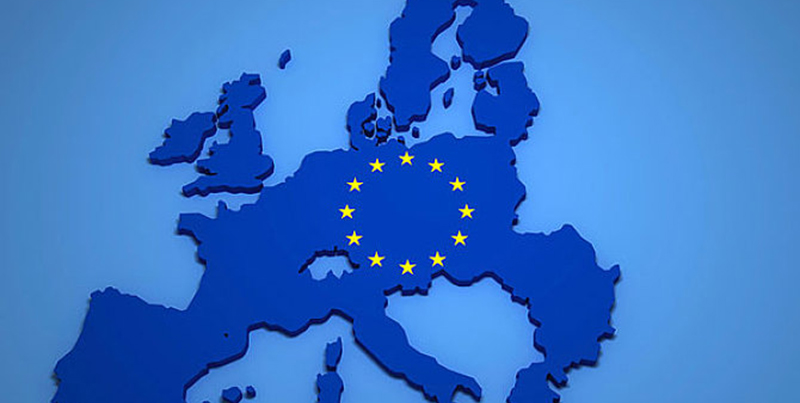The latest news on FTTH development in Europe was presented at the FTTH European conference held in London, UK. FTTH users in the 27 EU countries grew by 15% in 2012, while Russian users unexpectedly increased by 42%. Though FTTH deployment in Europe is growing steadily, the gap between laggards and leaders is widening.

Coverage in advanced economies is low
In the second half of 2012, FTTH in the 27 EU countries increased by 15%, with a total of 820,000 FTTH users, reaching 6.24 million. Scandinavian and Baltic countries accounted for 26% of these new users, eastern European economies for 33% and France and Portugal for 30%.
The top five countries with the most increased new FTTH users include Turkey, Ukraine, Spain and Bulgaria, especially Turkey, where the number of FTTH users was doubled above in 2012.In terms of coverage, Lithuania had the highest rate at 31%, followed by Sweden at 22.6%, with Bulgaria, Latvia, Norway, Russia, Slovakia, Slovenia, Denmark and Portugal in the top 10.
It is surprised that FTTH coverage is generally low in advanced economies, with France ranked 18th, Spain 20th, Italy 21st and neither the UK nor Germany ranking. The number of UK optical network users is less than 0.1% of the total number of users.
Russia is the fastest growing country
Russia has become the leader of FTTH growth in Europe.In the second half of 2012 Russia added 2.2 million optical Internet users, a 42% increase on the previous year and more than the total user 820,000 of EU 27 countries. By the end of 2012, the total number of optical network users in Russia reached 7.5 million.
In 2012, FTTH and FTTB coverage in Russia ranked sixth in the whole European region, with FTTB accounting for 12% of the total users and FTTH accounting for 1%.
France is catching up
Advanced economies are not indifferent. The French government recently announced that it would invest 20 billion euros to develop FTTH, which would be mainly funded by operators, the central government and local governments.
French President francois hollande said high-speed broadband would improve France's business competitiveness and improve the quality of public services. He hoped that about half of French households would have ultra-fast broadband connections in the end of 2017.
Part of the picture content comes from the Internet
If there is infringement, please contact the author to delete
Links
Magic Lamp